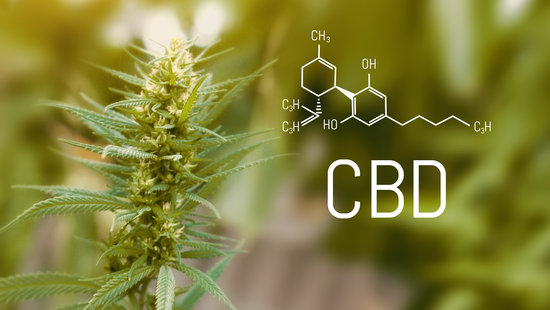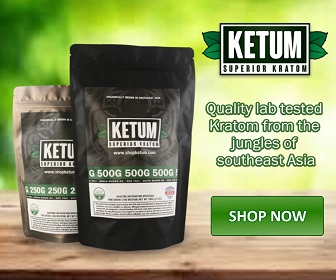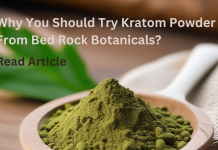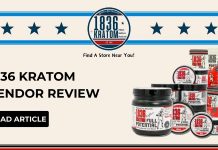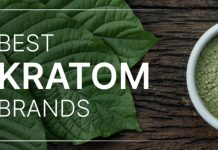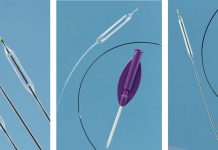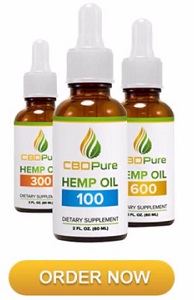According to CBD stats, 47 countries can cultivate hemp. In other words, CBD for research as well as commercial purposes, and Canada is one of the largest producers of hemp. The USA imports its significant share of hemp and related products from Canada. The hemp industry globally will reach an estimated value of $13.03 billion by the year 2026.
The hemp or CBD oil industry in Canada is newly established. It started issuing the license for the cultivation of hemp for research purposes in 1994. It also started granting commercial permits in 1998. Hemp cultivation is legalized in Canada and each year tons of hemp produced in Canada alone. The CBD oil market in Canada is growing day by day.
Legalization of Cannabis in Canada
According to the regulations set, any person with a license can grow industrial hemp only if the leaves and flowers of the cannabis plant have a total amount of 0.3% THC and no more than this.
The Cannabis Act also says that derivatives of plant parts like non-viable seeds, mature stalk without leaves and flowers can be sold without requiring any license, provided the derivatives contain less than 10 micrograms per gram of THC.
The Cannabis Act (2018) and the industrial hemp license discuss in details about the cultivation, processing, and utilization of Cannabis and its derivatives including CBD oil.
Legalization of CBD oil in Canada
Previously CBD oil was illegal in Canada, but it is legal to buy CBD oil now after the Cannabis Act was passed in 2018. However, it must be noted that the general perception of CBD oil is still that it is a harmful substance.
Concentrated and edibles are still not legal in Canada, while you can easily purchase flower buds, cannabis oil, seeds, plants, and pre-rolled joints. The Canadian Health Food Association has called on the Canadian government to consider the usage of CBD edibles.
Also, you can only buy Cannabis or its derivatives only if you are 19 years old and above (in Quebec and Albert, you need to be 18 years old at least to buy it). This measure is taken to regulate the use of Cannabis in Canadian youth.
CBD Oil Industry in Canada
It is suggested that by 2025 the worth of CBD industry in Canada will be around $11 billion.
Only this year Canada grew around 140,000 acres of hemp, which is ten times more than the cultivation of hemp in the US last year.
It is said that after China, the largest market of hemp and CBD industry is found to be in Canada though some economists disagree to this.
Multiple multinational companies of Canada are investing in the CBD business as it is the one of the most rapidly growing industries related to supplements in Canada.
Why is the Business of CBD Oil Growing in Canada?
With the wave of knowledge pouring from all parts of the world that CBD oil is a wonder substance for the treatment of various ailments. A sharp peak of growth in CBD industry is seen, and it is excelling day by day.
CBD oil is considered to cure symptoms of anxiety and depression without really harming the body the way many antidepressants do.
CBD extracted from hemp has very little content of THC, which is why it is very unlikely to get addicted to it.
Though it is derived from Cannabis, yet it is just cannabidiol, which has little tendency to cause dependence.
However, at the same time, the reason for the growth of the CBD industry in Canada is the increased usage for recreational purposes.
Sometimes these activities may remain unregulated as it is not easy to control the entire processing and utilization of hemp products in the country. As much as the legal business is expanding, the black market is also growing.
CBD oil Consumption in Canada
CBD oil is taken in the form of oil or capsules mostly. People also take CBD oil in the form of relatively stronger tinctures. Those who use it recreationally mostly smoke it or vaporize it.
The CBD oil that one takes orally has long-lasting effects as compared to the one which is smoked or vaporized. The results appear within 0.5-2 hours of consumption and last for more than 6 hours.
To have quicker effects, you can vaporize dried CBD or use CBD oil spray. CBD oil can also be mixed into food.
Can You Apply for a License to Sell CBD Products?
Yes, you can. Without the license, you cannot cultivate, process, or sell Cannabis or its related products, including CBD oil in Canada. One of the major prerequisites is that the CBD oil must contain less than 0.3% THC in it to be approved by the Canadian authorities for selling purposes. You can check details about licensing and its application here: https://www.canada.ca/en/revenue-agency/services/tax/businesses/topics/excise-duties-levies/apply-cannabis-licence.html
Where and How Can You Sell CBD Products?
According to the Cannabis Act passed on October 17, 2018, you can manufacture CBD products only if you have a processing line, and the products can be sold to persons above 19 years of age only. To sell CBD products for medicinal purposes, you need to be a federally licensed seller of cannabis for medical purposes. You can sell the products online or in a store that shows your license.
Are You Allowed to Sell CBD by Marketing it as a Health Supplement?
No. Only some parts of the hemp plant can be used in medicines in a natural health product (NHP) under regulations set by the Natural Health Product Regulations.
Similarly, you can’t market CBD products as veterinary health products unless approved from the Food and Drug Regulations. In cosmetic products, you need to be careful.
The use of phytocannabinoids in cosmetic products is restricted. Only hemp seed derivatives can be incorporated into cosmetic products.
Before making a health claim about any CBD product, you need approval as stated in the Food and Drugs Act.
Are There Any Authorized Health Claims for CBD oil?
According to research studies, CBD has strong evidence in the treatment of childhood epilepsy syndromes such as Lennox-Gastaut Syndrome (LGS) and Dravet Syndrome. These syndromes do not respond to the typical medication of epilepsy.
Several studies indicate that CBD reduces seizures in children and thus a medicinal drug containing CBD known as Epidiolex is available for sale.
Some studies indicate the usage of CBD in the management of inflammatory and neuropathic pain.
Is CBD from Hemp and Marijuana the Same Thing?
CBD derived from hemp and marijuana are not the same things.
Hemp is derived from Cannabis, similar to Marijuana but the content of THC in hemp is negligible. While it is greater than 0.3% in Marijuana, so it’s evident that CBD derived from hemp is safe to use as the addiction potential is next to zero.
The website that makes legal claims about the health benefits of CBD, are they reliable?
As stated above, CBD is only FDA approved for only childhood epilepsy and no other diseases. Though people take it for many reasons and treatment of various ailments, the FDA doesn’t support it.
Research may indicate to use it in conditions like chronic pain, but making a legal claim that it is used for neuropathic pain can bring trouble for you.
The FDA and Drug Regulatory authorities haven’t authorized the use of CBD for any disease other than childhood epilepsy. So, beware of the claims that the websites make. It is illegal to make any such claims.
Is CBD Legal for Pets in Canada?
The answer lies in a grey area. There is a lot of confusion about the legality of CBD for pets in Canada.
There are vets who promote the use of CBD in pets based on the research studies that suggest that CBD is effective in the management of anxiety, seizures, GIT disorders, pain, nausea and vomiting in cats and dogs.
Health Canada is conducting its own research and before we have any sound results, vets in Canada cannot prescribe CBD for pets.
The Canadian Veterinary Medical Association also discourages the use of CBD in animals. Thus, CBD isn’t legal for pets in Canada.
Rate This Post
[ratings]
